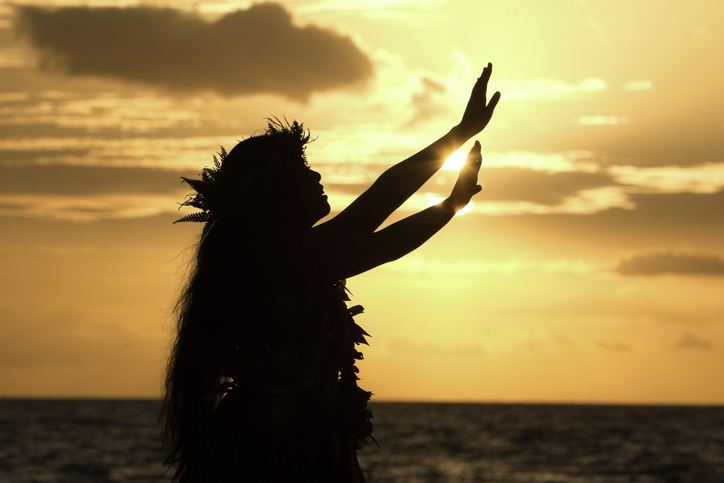
In the last month, the Office for Hawaiian affairs has awarded several substantial grants to community organizations for the specific purpose of preserving the Hawaiian language.
The grants are focused on sustaining ʻohana (family/community) based practices in preservation of ʻōlelo Hawaiʻi (Hawaiian language) to serve the Native Hawaiian community.
ʻAha Pūnana Leo Inc. a family-based educational non-profit organization was recently awarded a grant of $79,514, while Papahana Kuaola – a separate organization, received $85,000.
Funded by the Administration for Native Americans, these grants from the Office of Hawaiian Affairs have been allocated under the American Rescue Plan for Native American language preservation and maintenance, while awareness is also drawn to the preservation of all Indigenous American languages. The grants also join the Office of Hawaiian Affairs’ mission and Mana i Mauli Ola Strategic Plan 2020-2035; a long term plan to ensure the wellbeing of native Hawaiians, focusing on the areas of: education, health, housing and economics.
Chief Executive Officer Ka‘iulani Laehā of ʻAha Pūnana Leo Luna Ho‘okele said: “We are really grateful for the opportunity to work with OHA on this research project,” – “Our connection to ʻohana is critical in the work of language revitalization. We put significant effort into ensuring that the ʻohana can support their keiki in Hawaiian language medium settings so that there is a bridge from classrooms to their homes.”
Hawai‘i’s primary language, ‘olelo Hawai‘i was forbidden from being taught in schools in 1896 by the government of the Republic of Hawai‘i, three years after the overthrow of the Hawaiian kingdom.
In many institutions, speaking the language was a punishable offense, and some schools even discouraged the use of the language at home. Numbers of speakers plummeted throughout the following years, leaving the language in a state of endangerment until a resurgence in popularity in the 1960s.
Keoua Nelsen, a project manager at Papahana Kuaola explained ““A lot of people don’t realize that, up until fairly recently, it was illegal for the Department of Education to teach Hawaiian language in school,” – “We’re really talking about just 40, 50 years ago.”
Both organizations to receive grants will be focusing on supporting the language needs of all generations, in contexts and environments that suit them best. Papahana Kuaola aims to explore living settings for language as well as academic ones, using the organization’s 63 acre property for inspiration.
“Whether it’s stream restoration or identifying native plants and things like that, (we’re) kind of making it a more living type of lesson versus a classroom setting,” Nelsen said. “The focus will be, of course, with the parents and the grandparents, so that they can take these skill sets and reinforce them in the home with their children and grandchildren.”







